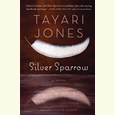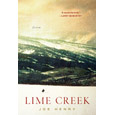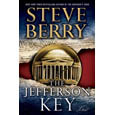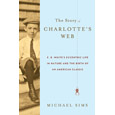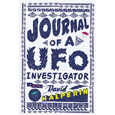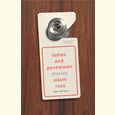Hidden Costs
July 22, 2011 In Silver Sparrow, the third novel from Tayari Jones, a girl named Dana Lynn Yarboro grows up a captive to her parents’ secrets: her father, James Witherspoon, who is married to her mother, has another wife and daughter. From an early age, Dana learns what it means to be an “outside child,” forbidden to tell anyone of her real father. But over time her desire to know her sister, and her desire to be known, gets the best of her, and she begins to pick away at the thin membrane of secrecy that keeps the girls apart. Set in the 1980s, Silver Sparrow is a thoughtful story about bigamy, but it is also a lovely, realistic portrait of two teenage African-American girls, and an exploration of the bonds between mothers and daughters. Tayari Jones will appear at the 2011 Southern Festival of Books, held October 14-16 in Nashville.
